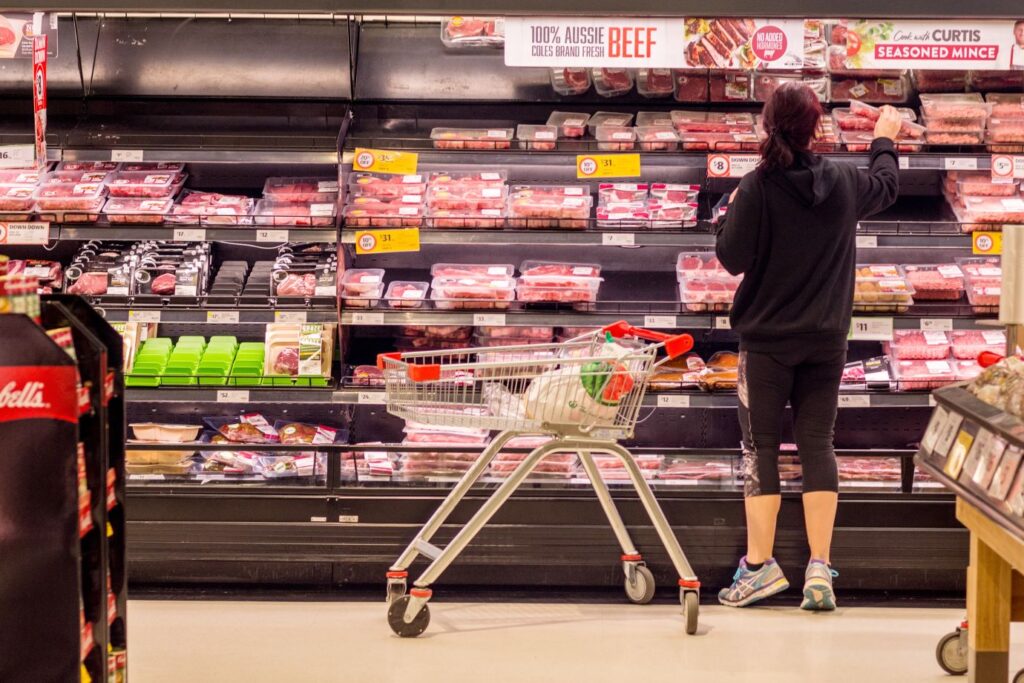Australia’s consumer watchdog is set to receive a $30 million boost to lead further crackdowns on “misleading and deceptive pricing practices” that have been uncovered in Coles and Woolworths.
On Tuesday, the Albanese government said the funding will help the Australian Competition & Consumer Commission (ACCC) conduct more investigations and enforcements to curb “unfair” practices by the supermarket duopoly.
It comes after the ACCC recently launched legal action against Coles and Woolworths for allegedly misleading consumers through discount pricing claims on hundreds of common supermarket products.
These alleged practices all occurred when inflation in Australia was at its highest, according to analysis from the Australia Institute that explains how Coles and Woolworths often take turns to offer specials, working together to compete against other, smaller grocery stores.
“We don’t want to see ordinary Australians, families and pensioners being taken for a ride by the supermarkets, and we’re taking steps to make sure they get a fair go at the checkout,” Albanese said in announcing the $30 million for the ACCC.
There’s no getting around the fact that everyday Australians are paying a price for the dodgy practices and skyrocketing prices we’ve seen in the major supermarkets.
And sadly, it’s the people with the least who are struggling the most to keep up amid the cost-of-living crisis.
Who’s losing out?
While Coles and Woolworths report record profits and control 65 per cent of the grocery market, it’s young women and single mothers and their children who are let down the most.
In Australia, we know that as many as 50 per cent of Australia’s single mothers are burdened by poverty. And it’s these household that are especially vulnerable to food insecurity. Rising grocery costs and unfair practices by Coles and Woolworths are leaving these households without the necessities and groceries they need.
Just this week, a new study found that one in 10 pregnant women are going hungry and are too afraid to ask for help, and two in five pregnant women surveyed were changing the quality of their diet or eating less as a result.
Australia’s hunger problem is no small issue.
Foodbank’s latest report found that in the previous 12 months, 3.7 million Australian households (36 per cent) experienced moderate to severe food insecurity. That’s more than the number of households in Sydney and Melbourne combined.
It’s also the younger generations who are worst impacted by the cost-of-living crisis, with young women struggling the most. Coupled with growing housing insecurity and a wealth divide between the generations, it’s these young women who are hardest hit by grocery prices and unfair practices by the supermarket duopoly.
The lack of competition in the sector is also severely affecting those in regional areas.
It’s good to see the Albanese governemnt put some might behind it’s push to hold Coles and Woolworths accountable. Women across the nation are counting on it.


